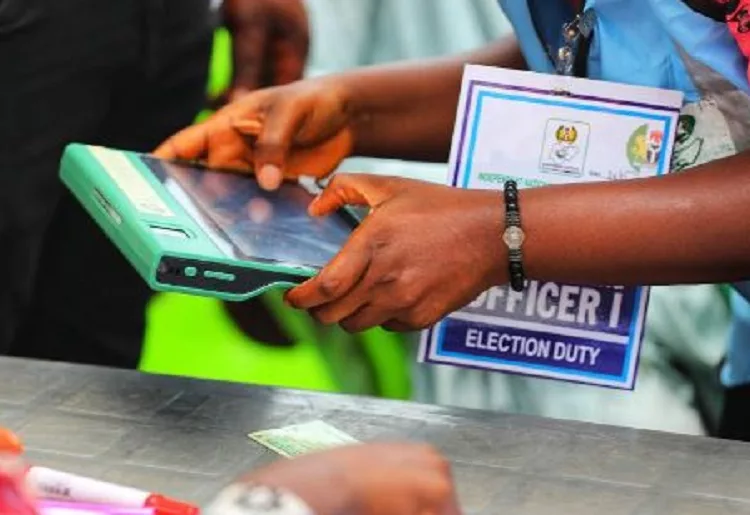Peering Advocacy and Advancement Centre in Africa (PAACA), a civil society organisation, has attributed the breaches recorded in the 2023 general elections to the depth of ignorance of voters on provisions of the 2022 Electoral Act.
The executive director of PAACA, Mr Ezenwa Nwagwu, said this during a town hall meeting with election stakeholders on electoral reform in Bauchi.
LEADERSHIP learnt that the meeting was organised with support from the MacArthur Foundation. It was designed to improve the knowledge base of electoral stakeholders on the 2022 Electoral Act to support the conduct of credible polls in the country.
“In 2023, we concluded that quite a lot of people didn’t have this knowledge and had not extended it.
“There was a lot of ignorance, many misconceptions, which led to some of the challenges we faced,” Nwagwu said.
The executive director, however, called for a holistic approach to addressing electoral challenges, stressing that “election is a multi-stakeholder engagement” and that “we need to share the responsibility” and work together to improve the process.
He said the inputs harvested from the town hall meeting would be sent to the National Assembly to be considered in reviewing the 2022 Electoral Act ahead of the 2027 general elections.
Bauchi State’s resident electoral commissioner, Mohammed Nura, said the commission is empowered to prepare, produce, and update the voters’ register and conduct and supervise elections to all elective offices in Nigeria.
Represented by the director of voter education, Malam Aliyu Shaba, he said conducting the 2023 general election involved many stakeholders who played vital roles in the electoral process.











